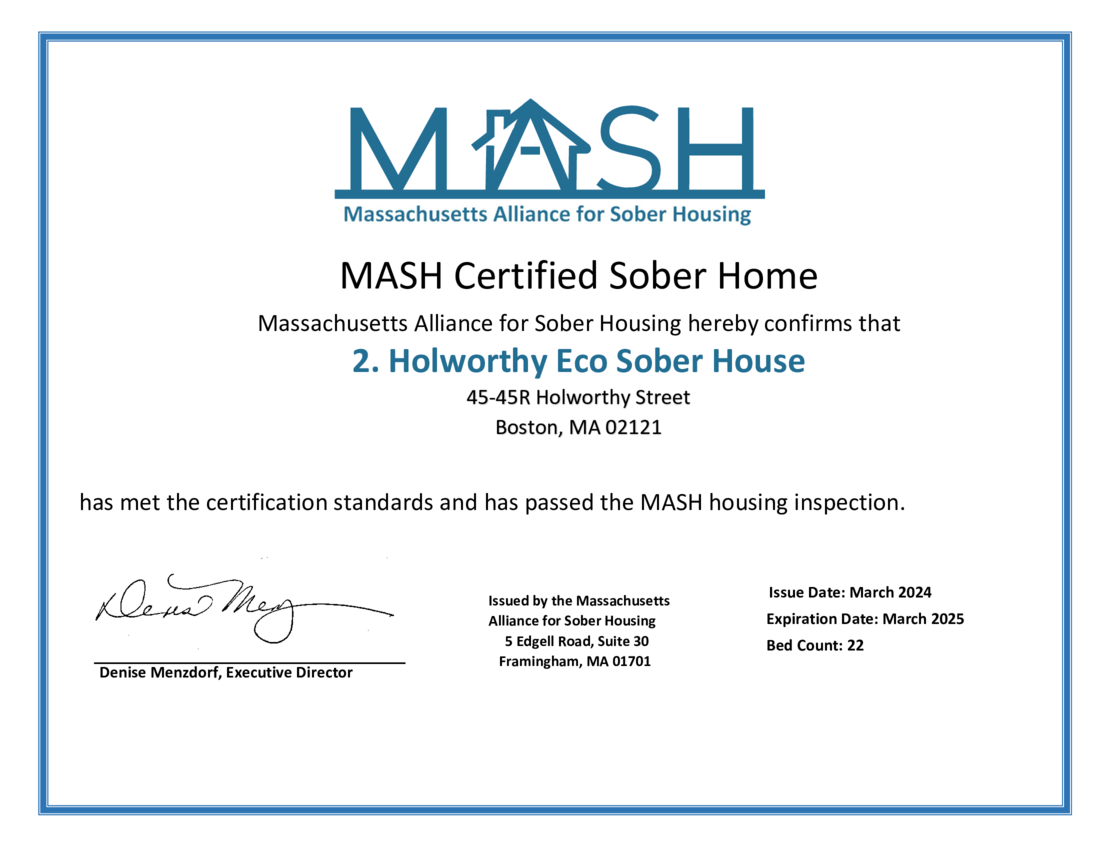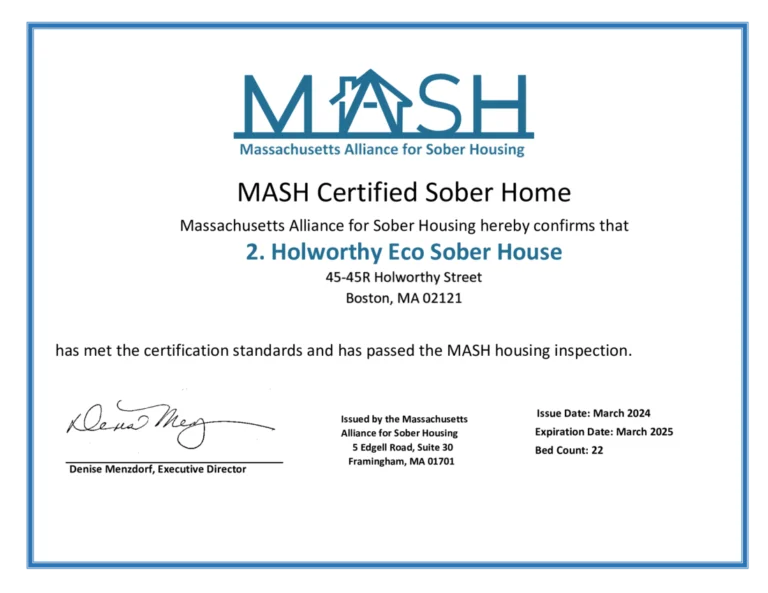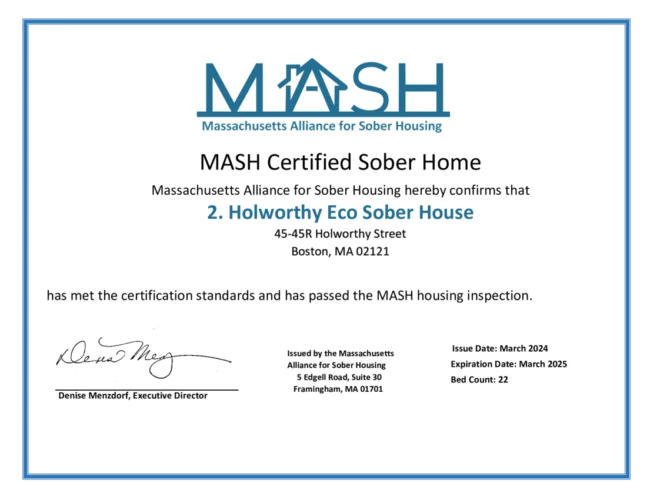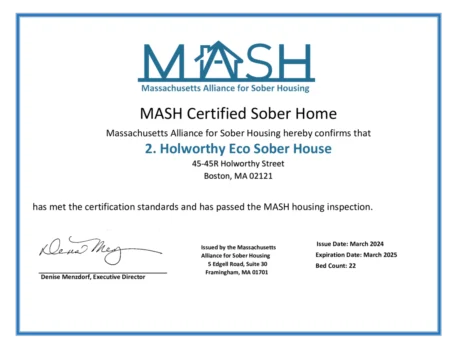Dependence vs Addiction Difference Between Dependence And Addiction

The official move away from the terms « abuse » and « dependence » in the DSM-5 is also reflective of a shift in how professionals talk about alcohol and substance use. The language used in the past often served to stigmatize people who are affected by alcohol use disorder. If you believe you have an addiction, it’s never too late to look for help.

Abandoning The Terms

Like all chronic illness, a family history puts people at higher risk for developing the illness. Alcohol, on the other hand, often follows a slower, more insidious path of abuse before the body becomes dependent on it. And it is the most misused drug in the United States, Mr. Kump says. He sees some people who took just a few weeks to develop an addiction to opioids, while others had a slower journey to their addiction. In severe cases of intoxication or overdose, a person may require emergency care.
Physical Dependence Vs. Mental Dependence
- Unhelpfully, however, nowhere in the DSM-5 is this explicitly and transparently mentioned.
- It leads to withdrawal symptoms if usage abruptly ends or is reduced.
- Doctors may also prescribe certain medications to manage dependence and addiction.
- People tend to use the words “addiction” and “dependent” interchangeably to describe a person’s behavior when engaged in a certain activity, as well as the results of the behavior when it leads to a physical illness.
- Education is learning how to overcome and cope with the effects of addiction, such as compulsive cravings, and how to establish a healthier lifestyle.
With addiction, there are changes occurring in the reward pathway of your brain that cause compulsive drug-seeking behavior. These are not the same as the brain changes that cause tolerance or withdrawal. It is a complex condition that affects the person’s brain, body, and behavior. Understanding the difference between addiction and dependence is vital for anyone concerned about substance abuse. By recognizing the distinct features of each condition, we can better support those affected and work towards prevention and recovery.
Dependence vs. Addiction: The Differences
This means they’ll experience withdrawal symptoms if they decrease the dose or halt use altogether, or they’re unable to experience the effects of the drug at the dose they’ve become used to, known as tolerance. With that said, it’s important to note that you can be dependent on a drug without being addicted. Medical and substance abuse communities have found that there are neurochemical differences between a normal brain and an addict’s brain.
- If it is not a prescription medication, your doctor may be able to help you reduce your use of the substance with the least side effects.
- This indicates the presence of at least a mild substance use disorder.
- Contact us today to learn more about our residential detox and rehab for withdrawal management and stabilization as well as our dual diagnosis outpatient programs for ongoing support.
- The result is that clinicians who see evidence of tolerance and withdrawal symptoms assume that this means addiction, and patients requiring additional pain medication are made to suffer.
- Physiological dependence is very common and can occur with many different kinds of substances, including those considered to be medications.
A Holistic Approach to Substance Use Disorder

When the symptoms of mental and physical dependence are apparent, an addiction is usually present. However, the main characteristic that distinguishes addiction from dependence is the combination of mental and physical dependence with uncontrollable behavior in obtaining and using a substance. Addiction is marked by a change in behavior caused by the biochemical changes in the brain after continued substance abuse. Substance use becomes the main priority of the addict, regardless of the harm they may cause to themselves or others. An addiction causes people to act irrationally when they don’t have the substance they are addicted to in their system. These are less involved than partial hospitalization programs and typically take place at a treatment center or outpatient clinic.
They can diagnose your condition or refer you to a healthcare provider who can. Generally, those who are physically dependent on a drug will benefit from detoxification. This is a supervised clinical environment where one can safely work through the withdrawal period that accompanies a SUD, to rid their body of the toxins from drugs and alcohol. Withdrawal symptoms from certain drugs can be fatal, so it is important that detox is done professionally, in a safe and controlled medical facility. Alcohol dependence causes people to keep drinking to avoid experiencing withdrawal symptoms.
Addiction and Dependence for Illicit Drugs
Users can become addicted to more than one substance, and they can also develop addictions to sex, gambling, food, porn, love, and technology. The concepts of dependence and addiction, often used interchangeably in everyday language, actually delineate distinct phenomena within the field of substance use and mental health. Understanding these terms is crucial for clinicians, patients, and policymakers alike to effectively address substance-related issues. This article aims to dissect the similarities and critical differences between dependence and addiction, drawing on established literature and clinical guidelines. Drug abuse and addiction (now more commonly known addiction vs dependence as “substance use disorder” or “problematic substance use”) have led to a major health crisis in the U.S. Not only are millions of Americans struggling with substance use disorder, but in 2014 alone, there were more than 45,000 overdose deaths, over half of which involved prescription opioids and heroin.
If that history lesson sounded confusing, that’s because it is, and there’s no way to simplify what happened. But the biggest source of confusion concerns the word « dependence. » Prior to the DSM-III, the term « dependence » simply meant physiological dependence, as indicated by tolerance and withdrawal symptoms. The solution in the DSM-5 was to combine the categories of « substance dependence » and « substance abuse » into one category called « substance use disorder » under a chapter heading called Substance-Related and Addictive Disorders. The purposeful use of the term « Addictive Disorders » in the naming of this chapter was primarily due to the addition of « gambling disorder » to the DSM, a non-substance-related disorder. And here, too, among the committee members, the decision to introduce the term « addictive » into the DSM-5 was arrived at through disagreements and non-consensus.

It’s a grim scenario that unfortunately is found in many drug abuse cases year after year. For instance, someone who is on a prescription for pain medication may find that he needs increasing amounts of dosage for the medication to work. Some doctors may diagnose this as an increasing tolerance, or it might be disguised as the possible start of an addiction issue. So why do some organizations scrap the word “addiction” from their vocabulary?
- It is by no means a substitute for professional medical advice, diagnosis, or treatment.
- And as the user takes higher amounts to feed this side, the secondary effects of respiratory depression (slowed down breathing or lack of breathing) and breathing are doubled or tripled.
- It is in this so-called differential tolerance where the users usually overdose.
- It occurs when the body becomes accustomed to a substance’s presence, necessitating higher doses for the same effects.
- Similarly, individuals with addiction may be more likely to develop dependence due to their increased exposure and use of the substance.
Drug Dependence vs. Drug Addiction

There is no justification for keeping this misleading term in light of what we now know about the nature of addiction. For one, depending on a substance to avoid physical withdrawal symptoms is neither necessary nor sufficient to define addiction. Many drugs cause dependence but not addiction, for example, paroxetine 10 and clonidine 11. But when people withdraw from these medications, they do not crave them and once successfully tapered, they do not have recurrent use.


